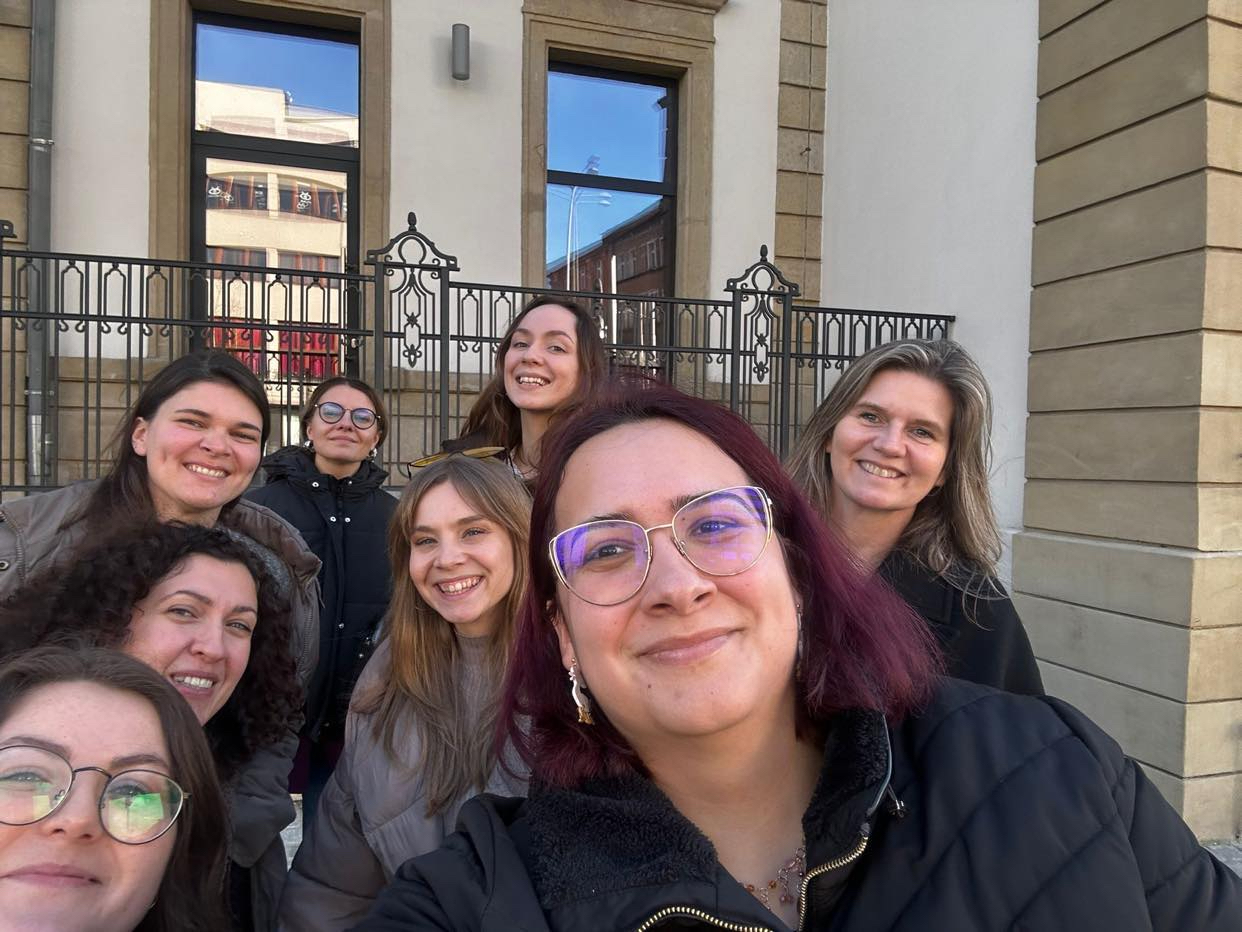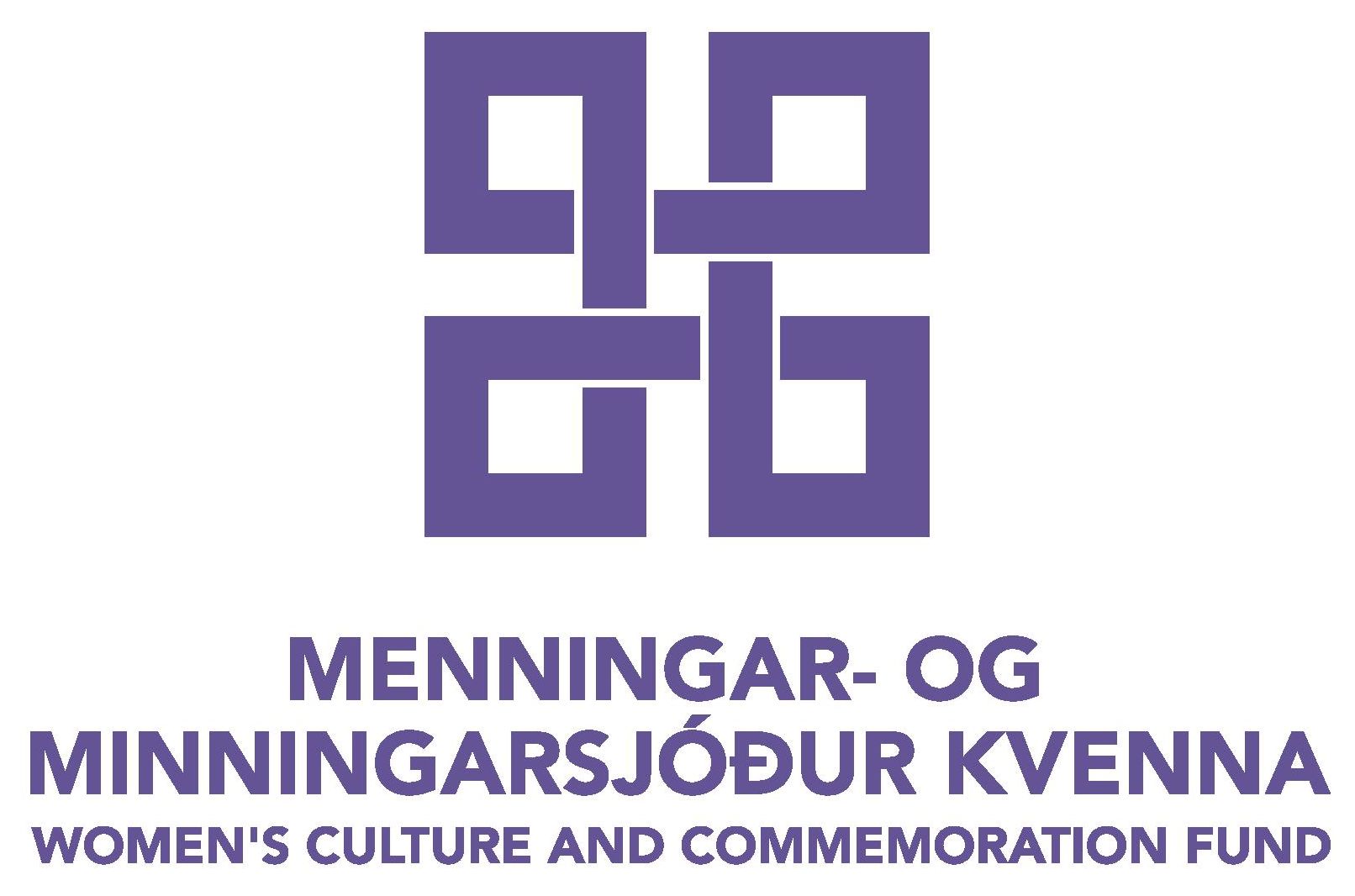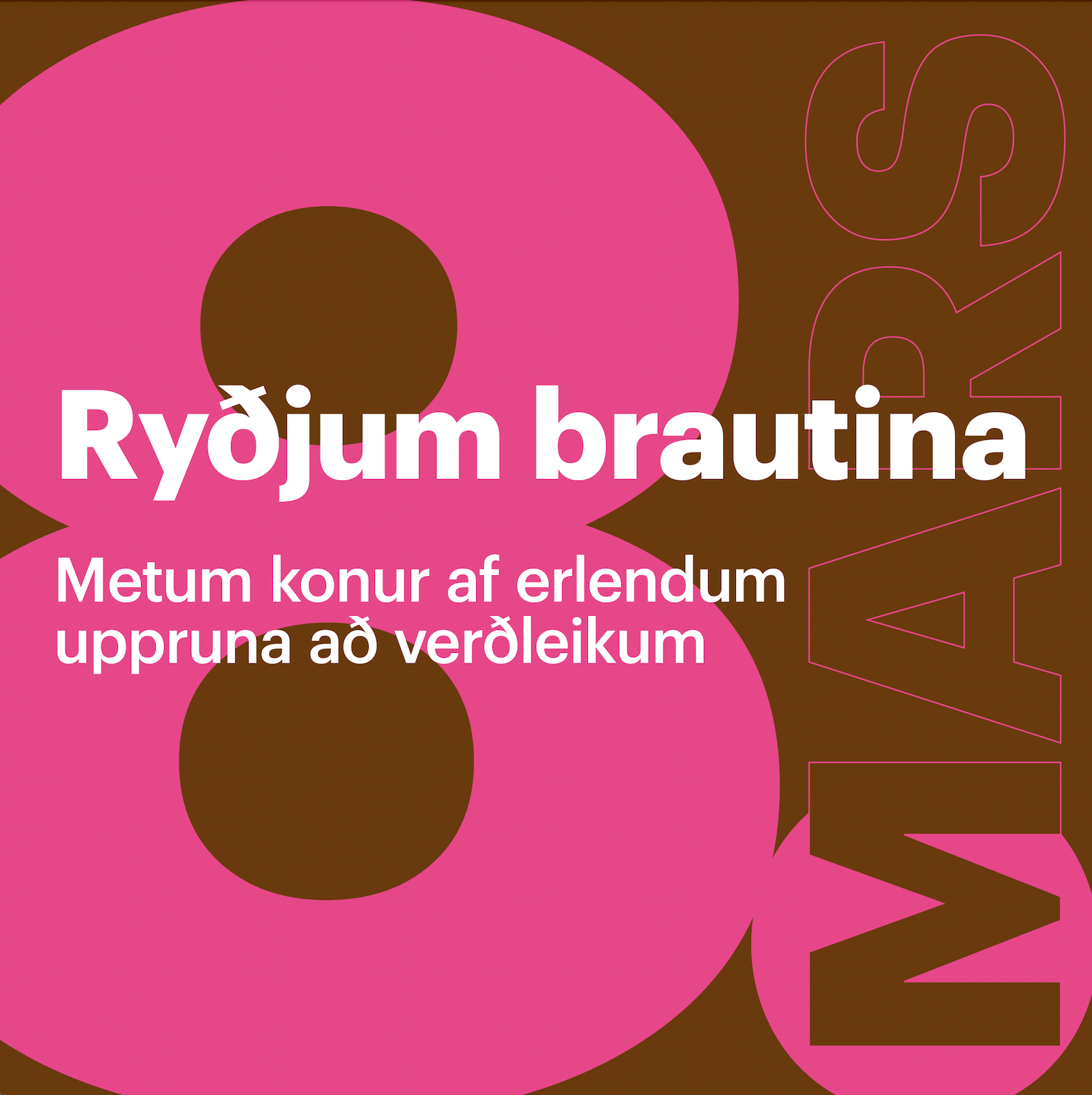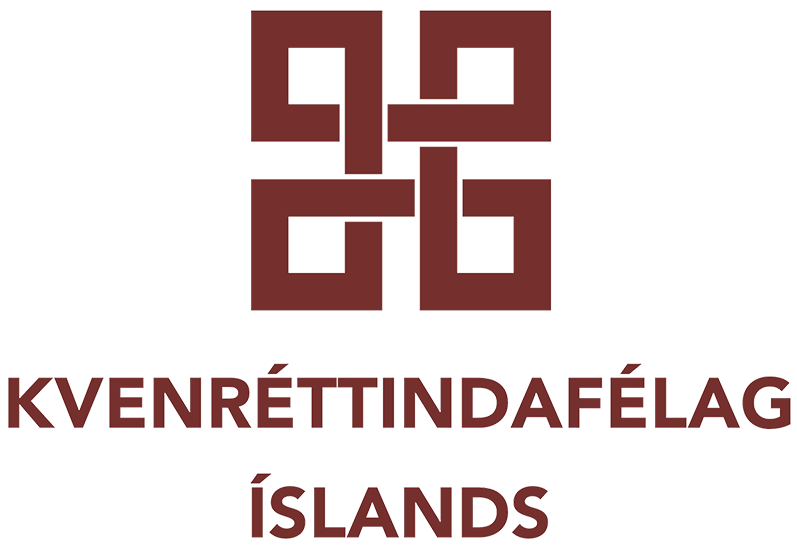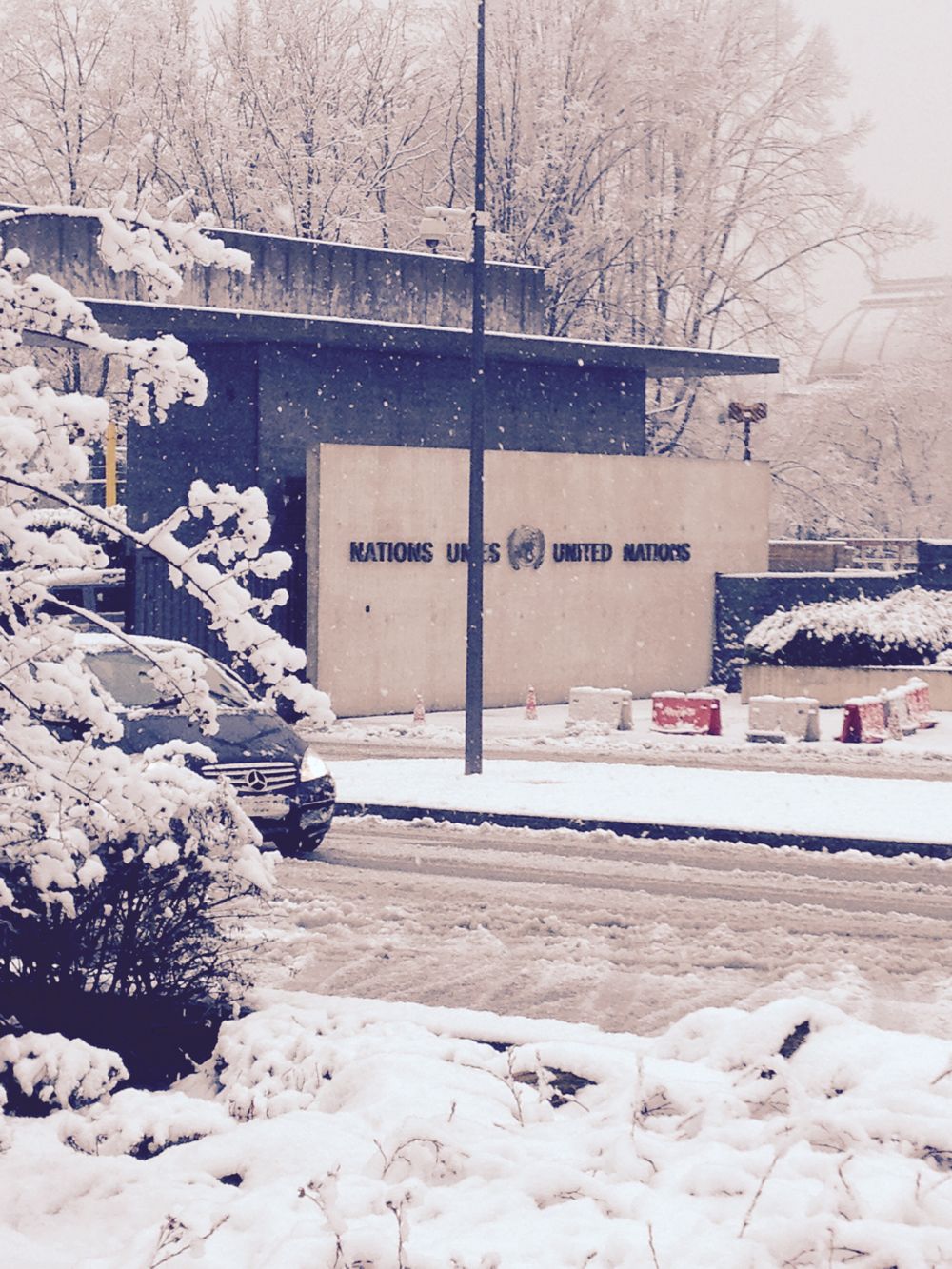
 The 63rd session of CEDAW, the Committee on the Elimination of Discrimination against Women, was formally opened at the UN building in Geneva this morning. Iceland’s compliance with the CEDAW Convention is on the agenda.
The 63rd session of CEDAW, the Committee on the Elimination of Discrimination against Women, was formally opened at the UN building in Geneva this morning. Iceland’s compliance with the CEDAW Convention is on the agenda.
The Icelandic Women’s Rights Association submitted a shadow report to the committee in cooperation with the Icelandic Human Rights Centre. Their representative, Brynhildur Heiðar- og Ómarsdóttir, is now in Geneva, as an observer to the Icelandic state’s reporting to the committee.
Brynhildur Heiðar- og Ómarsdóttir addressed the committe at the opening session and delivered the following remarks:
Madame Chair,
My name is Brynhildur Heiðar- and Ómarsdóttir and I represent the Icelandic Women’s Rights Association and Icelandic Human Rights Center. I present this statement to highlight three of the issues we set forth in our shadow report, submitted to this committee:
- first, ongoing violence against women in Iceland
- second, the gender pay gap and employment
- and third, the lack of government action on gender equality
1. Violence Against Women
In 2006, the government published an action plan against domestic violence and sexual violence, valid until 2011. Since that action plan expired, no other plan has been proposed. In 2013, the Ministry of Welfare released a report detailing the various representations and instances of violence against disabled women in Icelandic society, but little action has been taken by the state following the publication of this report. Sexual violence is rarely prosecuted and convictions are rarer. There is little support for victims of domestic and sexual violence outside of Reykjavik. Iceland still has not ratified the Istanbul convention.
We, as a country, have both the resources and legislation available to us to combat sexual violence. However, these tools are not being utilized effectively. We urge the government to actively work to end violence against women, and to adequately fund preventive measures, support and counseling.
Women are underrepresented in the judicial system. Only 1 of 11 Supreme Court Justices is a woman. Women are underrepresented in the police. Women make up less than 13% of the police force. The working culture within the police is toxic and a third of women police officers report being sexually harassed while working. We urge the government to ensure women’s representation in the judicial system and in the police force.
2. Gender Pay Gap and Employment
The adjusted gender pay gap in Iceland in 2008–2013 was 7.6%, unacceptably high. The implementation of a promising equal pay standard has been slow. We urge the government to eradicate the gender pay gap.
Women in Iceland are active participants in the labor market, but recent developments have put their participation at risk. After the financial collapse in 2008, the parental leave payments were lowered. As a result, the average number of parental leave days taken by fathers has plummeted. The high participation of fathers in parental leave has been one of the cornerstones of Icelandic gains in gender equality, and the government needs to adequately fund the parental leave fund.
Another hindrance to women’s participation in the labor market is the lack of guaranteed daycare for children aged 9 months to 2 years. The care of children disproportionately falls on women during this gap. We have the resources to bridge this gap and ensure the well being of women and their families. We urge the Icelandic government to bridge the childcare gap.
3. Lack of Government Action on Gender Equality
The Icelandic government currently does not have a legally mandated action plan on gender equality. The last action plan expired in 2014, and the publication date of a new plan has not been confirmed. A draft of a new plan exist, and local NGOs have been consulted, but this action plan has not been finalized.
Without an action plan, gender equality projects do not have guaranteed funding, and no new projects have been instigated. We look to the government to be proactive in its equality work, and this inaction is glaring. We urge the government to immediately pass a gender equality action plan.
Government equality work not only suffers from a lack of an action plan, but also from lack of funding. The Centre for Gender Equality, the government institution meant to counsel the government on gender equality issues, work on preventive measures and research, and monitor public and private actors, is both underfunded and located far from the center of power in Reykjavík. Following the financial collapse in 2008, its budget and staff were cut, and have not increased noticeably since. The center is one of only a few government institutions located outside of the Reykjavík, in the far north of Iceland. By locating this vital institution far from the center of power in the capital, its effectiveness is diminished and its voice muffled.
Thank you.

